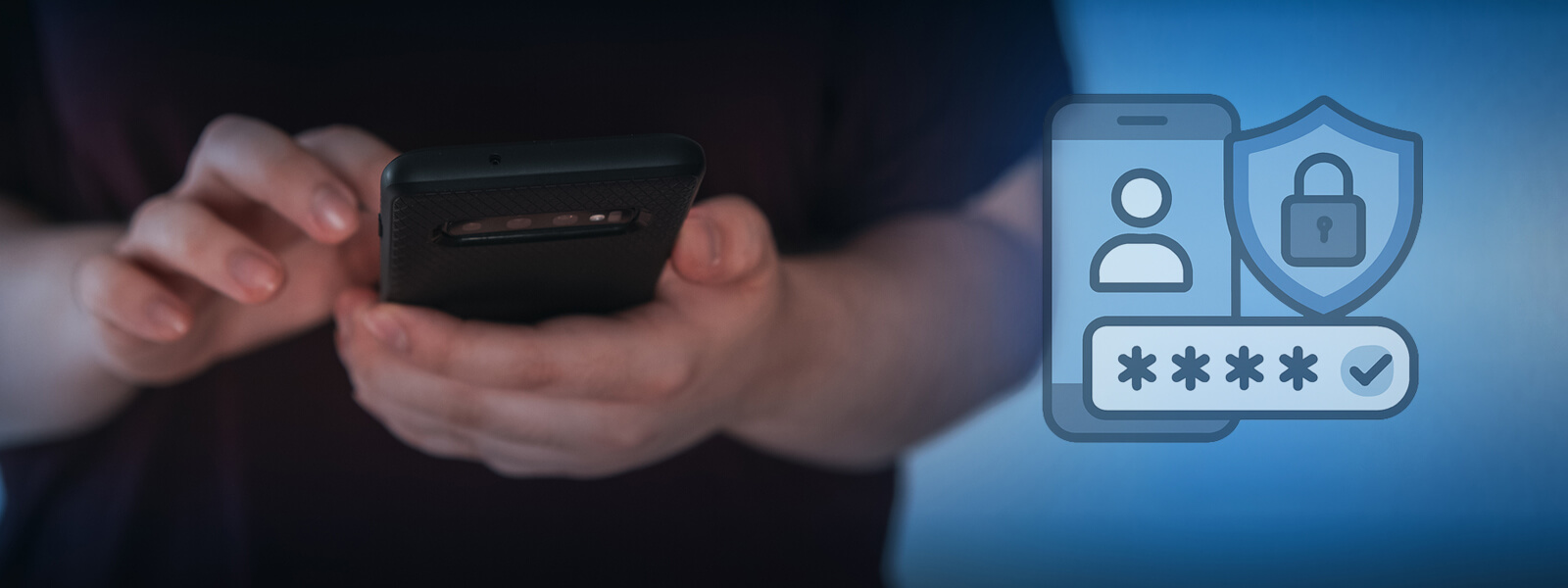

I remember the first time I downloaded a mobile casino game during a particularly stressful airport layover. As I watched the spinning reels of a popular slot game on my phone, it struck me how fundamentally mobile gaming has transformed our relationship with entertainment. The experience reminded me of that poignant narrative in "The Highland Journey," where Cailey processes her mother's terminal illness while exploring Scottish landscapes. Much like how that game uses the mobile platform to deliver deeply personal stories about loss and homecoming, today's mobile casino games have evolved beyond simple time-killers into sophisticated experiences that travel with us through life's various moments.
The mobile casino market has exploded in recent years, with industry reports showing over 120 million active users globally and projected revenues exceeding $150 billion by 2025. What fascinates me about this growth isn't just the numbers—it's how these games have become woven into the fabric of our daily routines. I've spoken with players who enjoy a few hands of blackjack during their morning commute, parents who play slots while waiting to pick up children from school, and business travelers who unwind with roulette in hotel rooms. The convenience factor is undeniable, but the emotional connection runs deeper. Just as "The Highland Journey" uses mobility as a narrative device—contrasting Cailey's urban life with her rural memories—mobile casino games leverage our physical locations to enhance the gaming experience. There's something uniquely satisfying about playing poker while actually sitting in a coffee shop, or spinning slots while riding actual public transportation.
From a technical standpoint, the advancement in mobile casino games has been remarkable. Modern titles feature graphics that rival desktop versions, with some developers claiming 95% visual parity between mobile and PC iterations. The touch interface, which I initially thought would be limiting, has actually enabled innovative gameplay mechanics—swiping to throw dice, tapping with varying pressure to control betting amounts, using device tilt for certain bonus rounds. These tactile interactions create a more immersive experience than clicking a mouse ever could. I've noticed that my personal favorites tend to be games that understand the mobile context—those with quick session times, intuitive touch controls, and the ability to pause seamlessly when life interrupts.
What often gets overlooked in discussions about mobile gambling is the social dimension. Contrary to the stereotype of isolated gambling, many mobile casino games incorporate sophisticated social features. I regularly play against friends in live dealer blackjack, send and receive virtual gifts in slot tournaments, and participate in global leaderboards. This social layer transforms what could be solitary activities into shared experiences, much like how Ches the dog in "The Highland Journey" serves as Cailey's companion through her emotional journey. The parallel isn't perfect, but both experiences demonstrate how digital platforms can facilitate meaningful connections despite physical separation.
Regulation and safety represent the less glamorous but critically important side of mobile casino gaming. Having tested over fifty different casino apps in the past three years, I've developed strong opinions about what constitutes a trustworthy platform. The best operators—in my experience, about 20% of the market—implement robust age verification, provide clear responsible gambling tools, and use certified random number generators. I'm particularly impressed with operators that have developed "reality check" features that remind players of their session duration, something I wish more entertainment apps would adopt. The regulatory landscape varies wildly by jurisdiction, but the trend toward stricter oversight has definitely improved the overall quality and safety of mobile casino offerings.
The future developments in this space excite me tremendously. Augmented reality casino games, which I've had the opportunity to demo at industry events, could realistically launch within 18-24 months. Imagine dealing virtual cards onto your actual kitchen table or watching slot reels spin against your office wall. The technology exists—it's primarily waiting for wider device compatibility and regulatory approval. Similarly, blockchain-based casinos are beginning to offer truly verifiable fairness, addressing the trust issues that have plagued online gambling since its inception. These innovations point toward a future where mobile casino games become even more integrated into our physical environments while offering greater transparency.
Looking at my own gaming habits, I've noticed how mobile casino games fit into different emotional states and situations. During stressful periods, I tend toward simpler slot games that require minimal concentration. When I'm feeling more strategic, I prefer poker or blackjack variants that challenge my decision-making skills. This flexibility is, for me, the greatest strength of mobile casino gaming—the ability to match the experience to my current mood and circumstances. It's reminiscent of how "The Highland Journey" allows players to process grief through gameplay, though obviously with much lighter emotional weight.
The criticism that mobile casino games promote irresponsible gambling isn't without merit, but I believe the industry's recent efforts toward safer gambling deserve recognition. The most responsible operators I've encountered provide detailed activity statements, customizable deposit limits, and self-exclusion options that are genuinely easy to use. While problems certainly exist, the narrative that mobile gaming inherently increases gambling harm oversimplifies a complex issue. From what I've observed, the convenience of mobile access has actually helped some players maintain better control by enabling shorter, more mindful sessions rather than extended gambling marathons.
As someone who has witnessed the evolution from desktop to mobile gambling, I'm convinced we're still in the early stages of this technological transition. The convergence of 5G connectivity, improved device capabilities, and innovative game design will likely produce experiences we can barely imagine today. What won't change, I suspect, is the fundamental human desire for entertainment that adapts to our mobile lifestyles—whether that's processing emotional stories like "The Highland Journey" during quiet moments or enjoying a few spins of a slot game while waiting for a train. The best mobile casino games understand this fundamental truth, offering not just gambling, but meaningful entertainment tailored to life in motion.